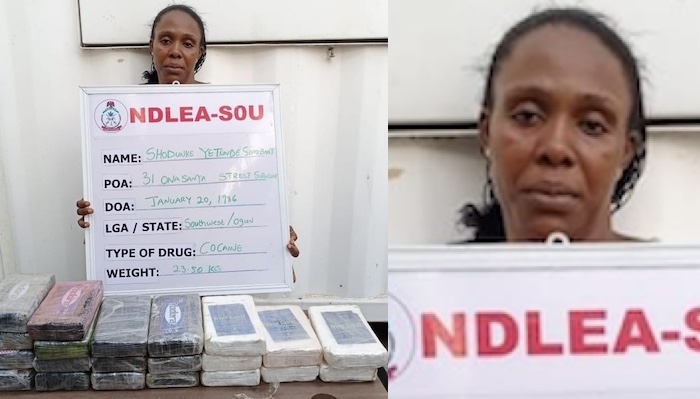
The Trump administration has announced the termination of the Temporary Protected Status (TPS) for South Sudanese nationals living in the United States, ending a humanitarian safeguard that has been in place for over a decade.
According to a notice published by the US Department of Homeland Security (DHS) on Wednesday, the protection for South Sudan expired on Monday. A 60-day grace period has been granted to affected individuals to leave the country before deportations begin in early January.
The TPS programme, established under US law, offers temporary protection from deportation and work authorisation to migrants from countries experiencing war, natural disasters, or other crises. It has been a critical lifeline for hundreds of thousands of migrants globally.
DHS stated that South Sudan “no longer meets the conditions for designation,” noting that the status had covered about 232 South Sudanese individuals, with 73 more applications still pending.
South Sudan has endured chronic instability since its independence in 2011. A brutal civil war between 2013 and 2018 claimed an estimated 400,000 lives and left millions displaced. Despite peace efforts, the country continues to struggle with insecurity, food shortages, and severe malnutrition. A UN-backed hunger monitor recently warned that food insecurity levels remain “extremely high.”
The decision aligns with President Donald Trump’s broader immigration agenda, which has sought to revoke temporary or protected statuses for nationals from several countries, including Syria, Venezuela, Haiti, Cuba, and Nicaragua. Many of those terminations have since faced legal challenges in US courts.
The administration has also imposed historically low limits on refugee admissions as part of its “America First” policy, a move critics say undermines US humanitarian commitments.
For South Sudanese nationals in the US, the end of TPS marks a new phase of uncertainty, as many face the prospect of returning to a country still grappling with the aftershocks of conflict and widespread hunger.
Melissa Enoch



